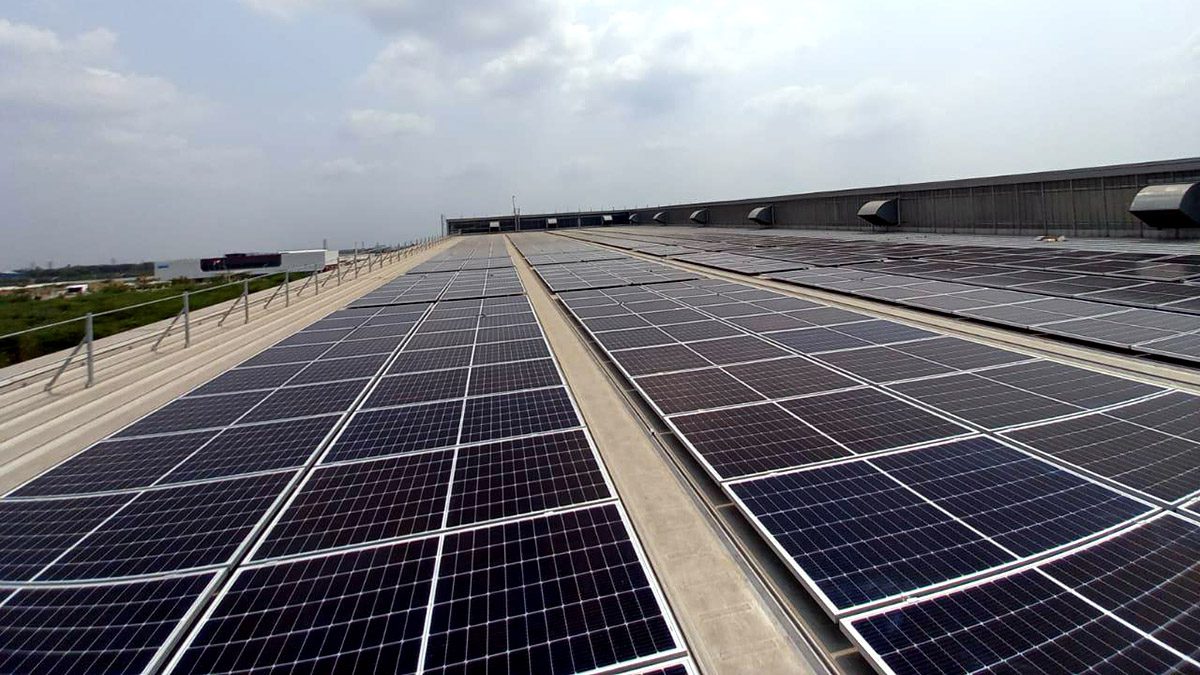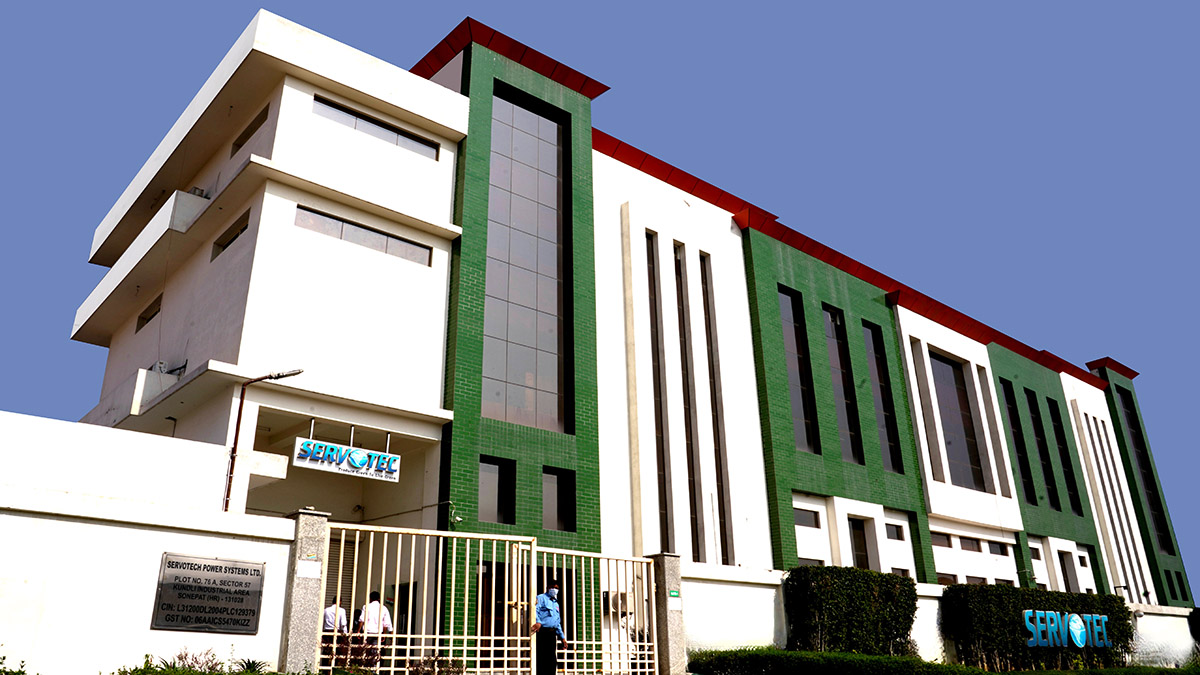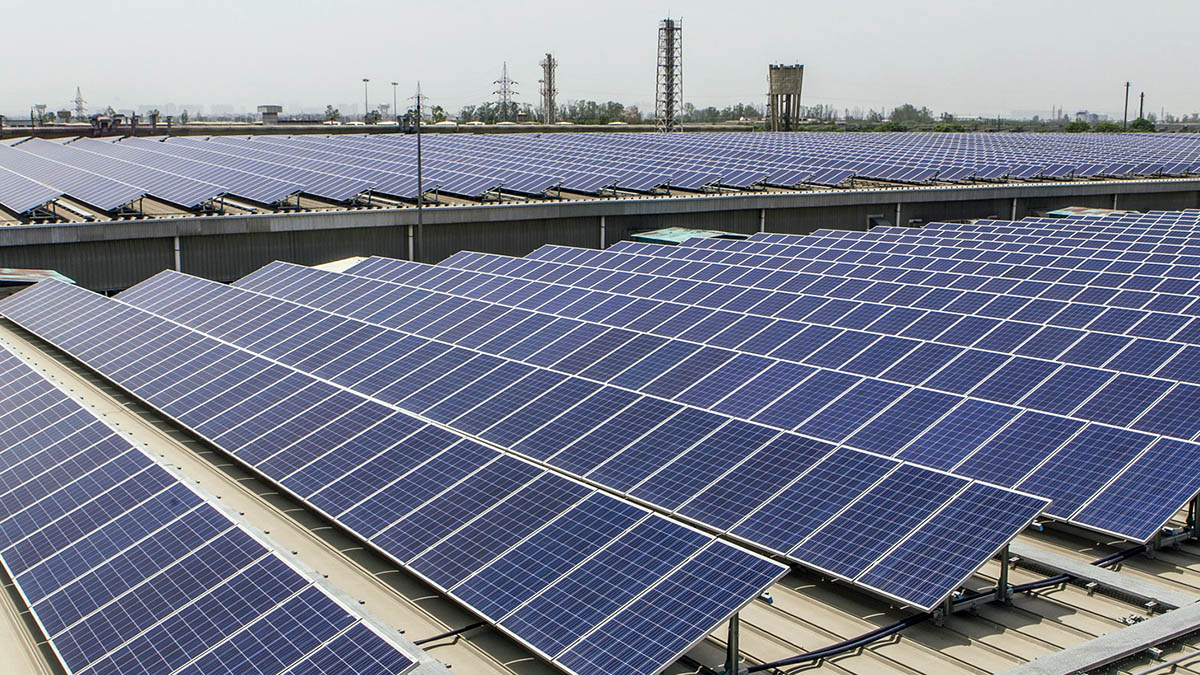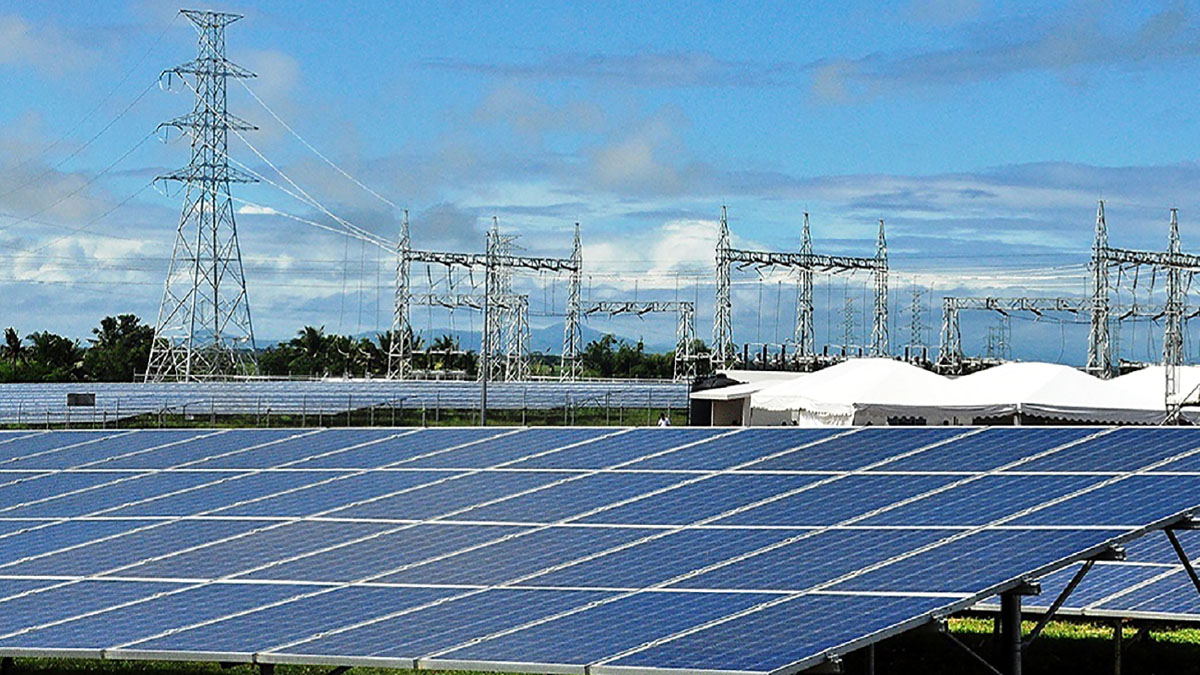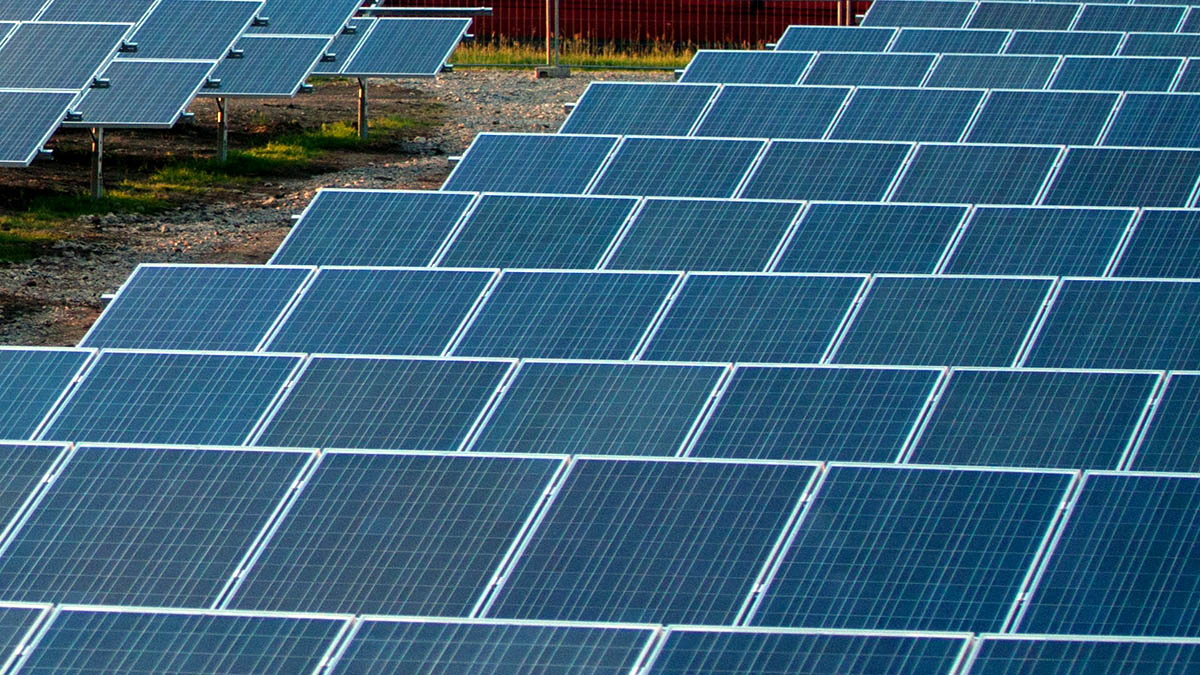PayU, a leading financial technology company, has reaffirmed its commitment to sustainability and financial inclusion in India by procuring Distributed Renewable Energy Certificates (D-RECs) from impactful solar projects that are electrifying rural banks across the country.
D-RECs are a groundbreaking climate finance instrument that is driving the energy transition, increasing local clean electricity supply, enhancing transparency, and revolutionizing corporate procurement of green energy. In the Indian context, D-RECs have a critical role to play. Due to unreliable power supplies, banking services in rural areas can be challenging or even inaccessible for many rural communities, with approximately one-fifth of Indian adults lacking a bank account.
E-Hands Energy, a Chennai-based provider of renewable energy solutions in rural India, recently completed a program that provided solar solutions to over 920 rural banks. This initiative ensures that banks remain operational throughout the day despite regular power cuts, thus enabling financially excluded rural Indians to access the formal banking system. PayU’s purchase of D-RECs will certify the renewable electricity generated by selected rural banking renewable energy projects, thereby supporting financial inclusion across the country.
D-RECs expand the impact of Renewable Energy Certificates (RECs), a widely utilized market instrument, to smaller projects with limited grid connectivity and/or restricted access to affordable finance, such as E-Hands Energy’s banking program. By utilizing D-RECs to settle 89% of its electricity consumption in India, PayU is providing climate finance for additional E-Hands Energy renewable energy projects. These projects will have an installed capacity of over 390 KWp and will benefit 220 villages across India. The renewable energy generated by these projects will displace polluting energy sources such as diesel generators and grid-based electricity derived from non-renewable sources.
The D-REC Initiative, the secretariat responsible for managing D-RECs, has developed an open technology ledger in collaboration with the International REC (I-REC) Standard. This robust system provides buyers like PayU with confidence in the origin of their certificates, enabling rigorous reporting of corporate renewable energy procurement targets.
Mohit Gopal, COO at PayU India, expressed his enthusiasm for D-RECs, stating, “D-RECs offer an innovative and verifiable platform to accelerate affordable and clean energy access for underserved communities in India. As part of the Prosus family of companies, our long-term partnership with the D-REC Initiative demonstrates our commitment to transitioning to a greener economy that is inclusive and provides a reliable banking experience for rural Indians, bringing more people into the fold of organized financial services.”
Raghuraman Chandrasekaran, founder and CEO of E-Hands Energy, emphasized the significance of monetizing their projects through D-RECs, stating, “The monetization of our projects via D-RECs is extremely important for us, as it allows us to accelerate the deployment of solar energy to more rural sites. With the help of D-RECs, we can reduce our capital expenditure on setting up new financial inclusion projects in the future.”
PayU India is actively committed to sustainability and driving positive change through responsible business practices. The company has implemented a comprehensive sustainability strategy that encompasses various initiatives. Notably, PayU has achieved significant reductions in energy consumption (31%), water waste (53%), and solid waste (39%) by consciously shifting to recycled paper products. By adopting Green Garbage Bags, PayU has saved nearly 2 tonnes of plastic waste and 1 kg of carbon emissions per kilogram of garbage bags. Transitioning to electric vehicles has resulted in an annual CO2 emission reduction of 1.35 tonnes, and the use of glass bottles has further reduced emissions by 31.68 tonnes.


